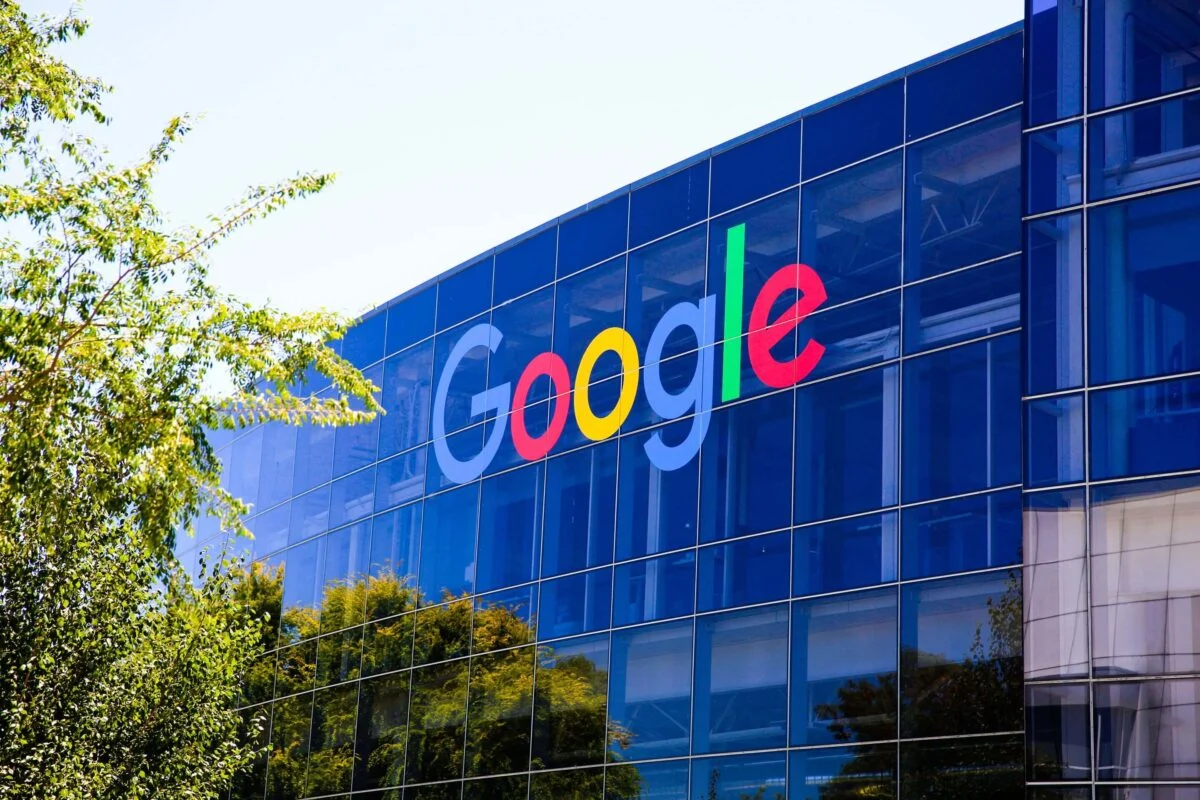
The cloud computing industry is witnessing groundbreaking developments as Google recently withdrew its EU antitrust complaint against Microsoft. This decision comes right after the European Union launched its own investigation into the competitive dynamics of the cloud sector. Here’s everything you need to know about this strategic move, its implications, and how the industry might evolve.
Why Did Google Withdraw Its Complaint?
Google’s withdrawal followed the EU regulators’ decision to investigate problematic practices in the cloud services sector. The company initially accused Microsoft of using anti-competitive strategies to lock customers into its Azure cloud platform, stirring significant debate among industry stakeholders.
Giorgia Abeltino, Senior Director for Google Cloud in Europe, explained in a recent blog post, “We are withdrawing [the complaint] in light of the recent announcement that the European Commission (EC) will assess problematic practices affecting the cloud sector under a separate framework.”
This move signals that Google has placed its trust in regulators to effectively address its concerns, choosing a collaborative path with policymakers across the European Union and beyond.
The Current Cloud Market Landscape
The cloud sector remains dominated by three major players:
- Amazon Web Services (AWS): 30% market share
- Microsoft Azure: 20% market share
- Google Cloud Platform (GCP): 13% market share
Amazon holds the lion’s share of the market, yet Microsoft and Google are aggressively competing to expand their foothold. With the European regulators zeroing in on these players, the market could see significant shifts in business practices.
European Commission’s Investigation: What’s at Stake?
The newly launched cloud sector investigation aims to uncover whether players like Amazon and Microsoft are unfairly dominating the market. This probe falls under the EU’s Digital Markets Act (DMA), a stringent regulation designed to curb big tech monopolies and ensure fair competition.
If Amazon or Microsoft are identified as “gatekeepers” under the DMA, they could face strict obligations, including:
- Prohibitions against favoring their own products or services
- Requirements to open their platforms to more competitors
- Broader measures to enhance customer choices
Industry analysts predict these findings could reshape the cloud ecosystem, potentially offering smaller cloud service providers a fair shot at market participation.
What This Means for Businesses and Consumers
For businesses relying heavily on cloud services, this shift could lead to more competitive pricing, enhanced transparency, and additional vendor options. Consumers are likely to benefit from better and more affordable tools as the competitive landscape broadens.
Google’s decision to back away from its complaint demonstrates its confidence in the regulatory framework of the Digital Markets Act. As Microsoft, Amazon, and Google wait for the EU findings, businesses should keep an eye on policy updates to anticipate changes in cloud service agreements.
Recommended Product: Optimize Your Cloud Strategy
As the market evolves, businesses can stay ahead by leveraging cloud optimization tools. Consider Microsoft Azure’s Cost Management Tool, which helps users maximize cloud efficiency and reduce operational waste. Whether you’re utilizing Microsoft, Amazon, or Google services, tools like this can provide actionable insights.






